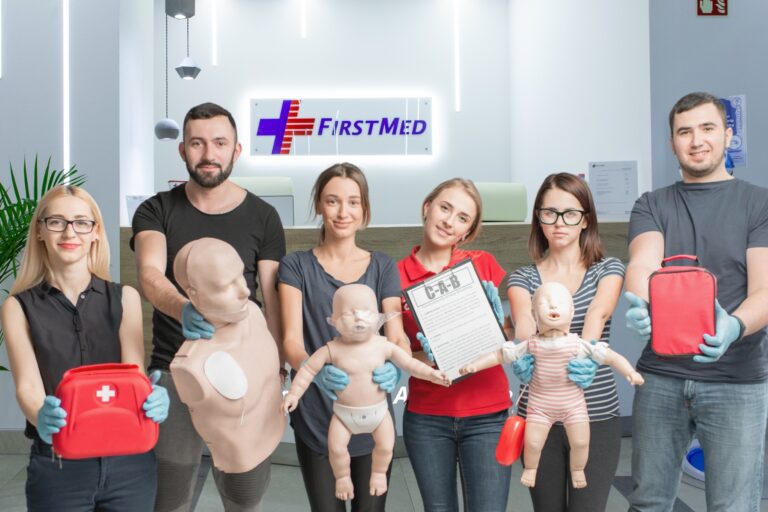If you are planning a move or trip to Hungary or have recently arrived, you should be aware of the basics of the Hungarian healthcare system.
Healthcare in Hungary is socialized and should be free to Hungarians and residents who pay into the social system, and EU citizens with reciprocal privileges. In practice you will likely have to pay if you want to receive good and timely service.
The Hungarian healthcare system has been in decline over the past twenty years. Several years ago, faced with massive budget deficits, the Hungarian government closed hospitals and clinics throughout the country. These closures added additional pressure to a system that was already overburdened.
Even before the massive closure of medical facilities the system suffered from the failures of a system leftover from the socialist days. In order to get better care you had to ‘tip’ your doctors and other healthcare providers. By tipping you could ensure faster and better service. The tips were typically passed on to the doctor in an envelope. This system of tipping at public facilities continues today and can be viewed as standard practice.
Navigating the Hungarian healthcare system can be challenging and time consuming. You will need to enter the system by first seeing a ‘háziorvos’ or family practice doctor in your district who will then refer you to an appropriate specialist in your district or city.
In emergency cases you would go to one of the duty trauma centers. Unlike the US or other countries that have hospitals with emergency rooms open 365 days a year, 24 hours a day, Hungary has a system of rotating trauma centers. You can’t simply show up at trauma center and expect it to be open. You will need to call ’107’ the emergency number for an ambulance and/or the location of the trauma center that is currently on duty.
Although the dispatcher on the other end of the emergency line should speak English, you or he could have trouble communicating. You should plan ahead by getting the name and number of a reliable clinic that answers the phone in English 24 hours a day, 365 days a year. A clinic such as this can either help you in urgent cases or in true emergencies can direct you to the appropriate trauma center or even arrange an ambulance for you.




